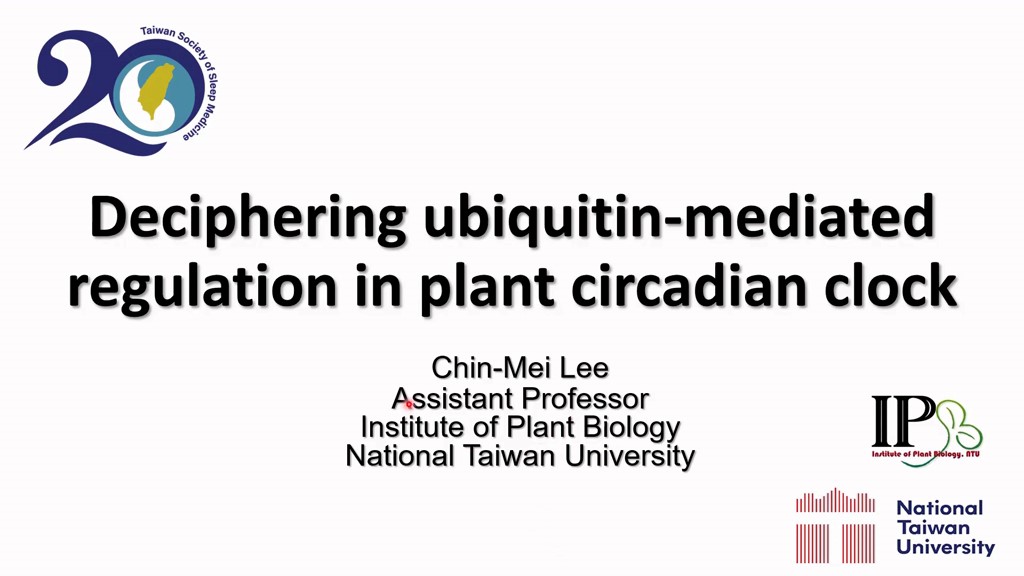
The circadian clock regulates approximately 24-hour rhythmicity of biological pathways to optimize organisms’ responses to the environment and thus increase their fitness. In plants, the clock governs growth, development, and stress resilience, and therefore biomass and quality of crops. The central theme driving the rhythms of the circadian clock across all kingdoms is transcription-translation feedback regulation accompanied by post-translational modifications. Protein ubiquitination mediated by E3 ubiquitin ligase (E3) and degradation by 26S proteasome has emerged as a conserved regulatory pathway in clock progression. However, due to the instabilities of the complex of E3 and its substrates, it remains largely unrevealed. We have developed an E3 ubiquitin ligase decoy strategy to stabilize the E3-substrate complex and overcome the challenge. This strategy was applied to co-immunoprecipitation to uncover the interactors and molecular mechanism of ZEITLUPE E3 ubiquitin ligases in regulating light inputs into the central circadian clock. We also utilized the E3 decoy strategy to establish an Arabidopsis E3 decoy library, which consists of around 25% of E3 in the Arabidopsis genome. We further set up a high-throughput yeast two-hybrid yeast screen platform to study the E3-clock regulators’ interacting network to gain a systematical view of the circadian clock and clock-regulated pathways in plants.